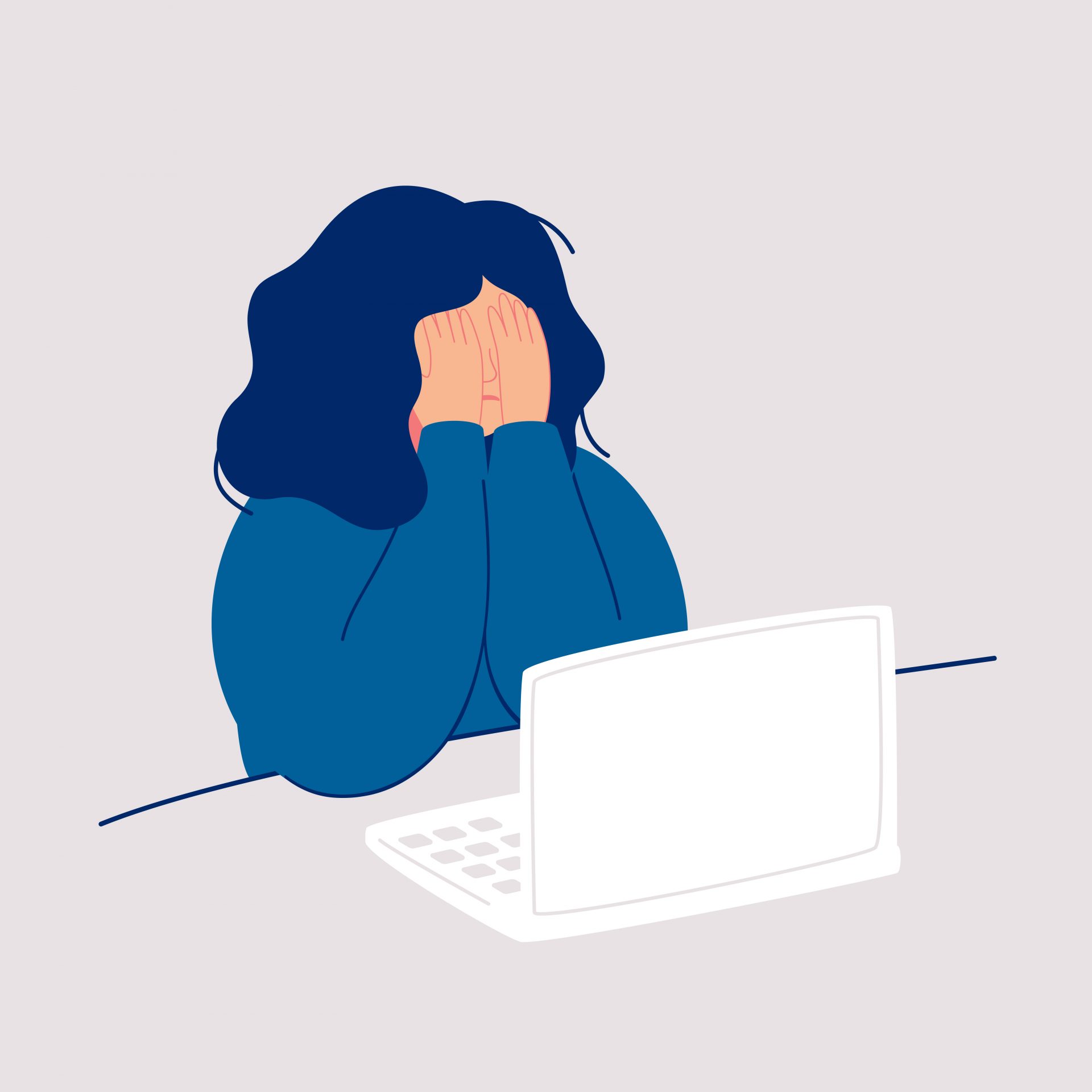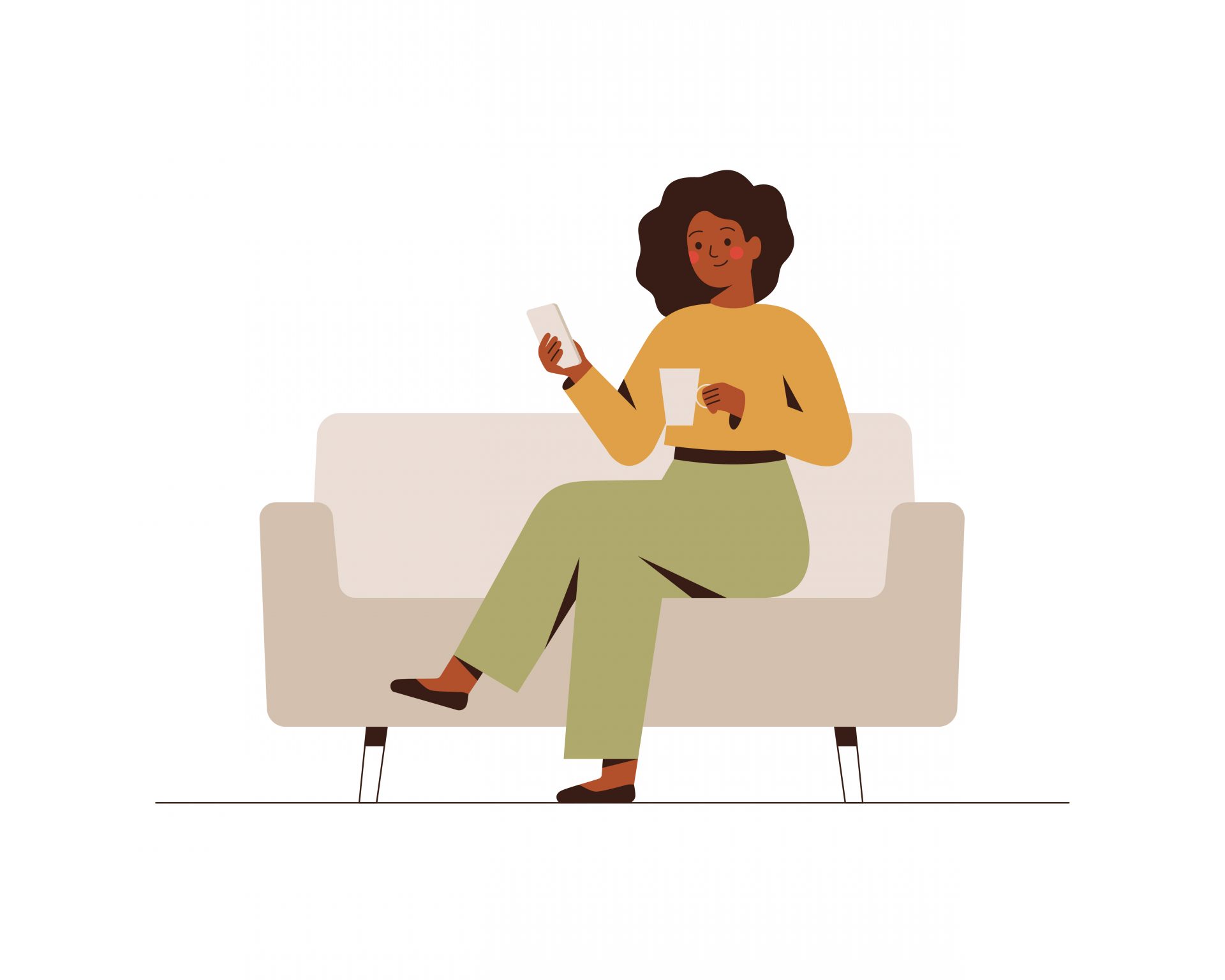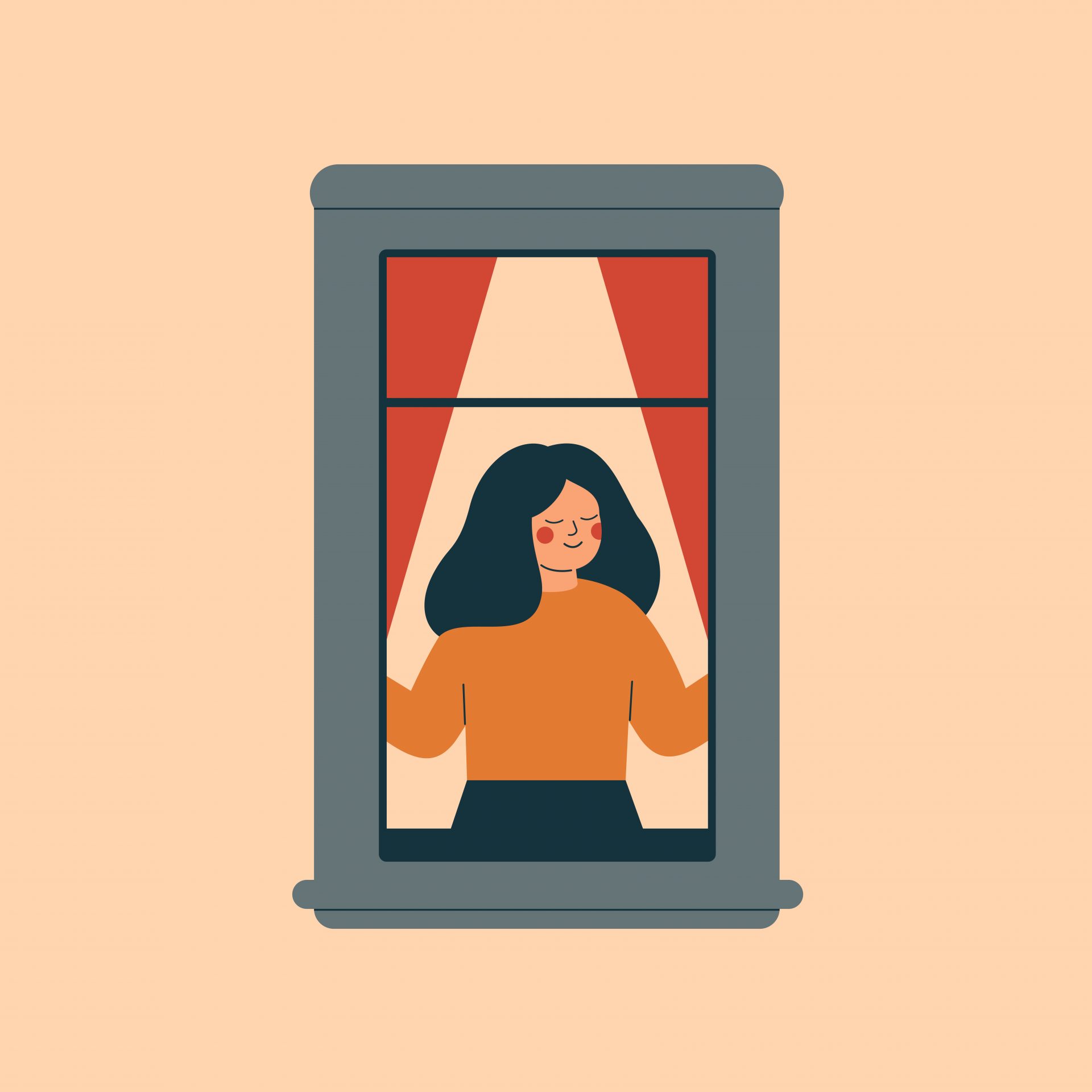Written by Kayleigh Dray
Kayleigh Dray is Stylist’s digital editor-at-large. Her specialist topics include comic books, films, TV and feminism. On a weekend, you can usually find her drinking copious amounts of tea and playing boardgames with her friends.
Has the burning dumpster fire that is 2020 left you feeling permanently stressed, anxious, or fearful? You’re not alone – here’s six ways to deal with it.
Let’s not sugarcoat things: 2020 has been a really bloody awful year, hasn’t it?
It began with the bushfires in Australia, which burned through 18.6 million hectares and killed one billion animals. Since then, we’ve witnessed airplane crashes in Iran and Pakistan, devastating floods in Indonesia, and a near-total ban on abortion in Poland.
Beirut was rocked by a deadly explosion, social unrest exploded in the already polarised United States following the killing of George Floyd by a white police officer, and China tightened its grip on Hong Kong through passing controversial new legislation.
Then there’s the controversial US election, China’s horrific and continued abuse of the Uighurs, the earthquakes in Turkey and the Caribbean, and a locust swarm outbreak in East Africa. The devastating terror attacks in France and Vienna. The neverending Brexit situation. The rapid rise in unemployment rates. The myriad horrors that I don’t have time to touch upon here.
Throw in the fact that we’re living under the cloud of the Covid-19 pandemic, which has resulted in the deaths of over 1.23 million people across the globe, and is it any wonder that so many of us feel as if we’re constantly waiting for the next bad thing to happen?
A year of relentless dread
When I explain to psychotherapist Ruairí Stewart (aka The Happy Whole Coach) that I’m always on edge at the moment, he completely gets where I’m coming from.
“Dread is a feeling we are becoming quite familiar with in 2020 with the huge amount of uncertainty we have, and continue to face,” he says.

He’s right, of course: dread is 100% the right word for how I’m feeling right now. “Dread is described as the relentless anxiety associated with the anticipation of something happening, the not knowing, the uncertainty, especially when a person fears the event will be a negative experience,” explains Stewart.
“It could also be described as anticipation of some form of pain or discomfort, or having to face a situation that seems overwhelming. And, for a lot of people this year, this lack of control over situations impacting our day-do-day lives has caused massive levels of anxiety, fear and dread.”
How does dread impact our emotional wellbeing?
“The expectation or anticipation of a feared event/situation is an emotional experience in itself for a person,” says Stewart.
“It puts them in a state of vigilance which can be exhausting and very draining over time. You are trying to live with this dread and doing your best to navigate it as best you can. It occupies so much room in your mind, and can affect all aspects of your wellbeing, from your mood and appetite, right down to your ability to stay present.”
How should we go about tackling these feelings of dread?
“The best way to deal with feelings of dread is to stay grounded and be prepared,” says Stewart.
“Look at what you can personally control to empower yourself. For example, with regards to lockdown 2.0, take the time to reflect upon what you learned from the first time you faced this situation. What went well, what didn’t, what did you wish you could have done differently that you can apply now?
“Your mindset is everything. Look at this way: you survived it the first time, and you can do it again.”

Stewart continues: “Fear-based thoughts take away your power and your belief that you can adapt and cope with stressful situations. They make you doubt yourself and your ability to cope, but these thoughts are usually not actually based on anything factual, a lot of the time they are distorted thoughts based on biased negative beliefs.
“Challenging your thoughts is a powerful way to tackle dread because a lot of anxious thoughts are focused on ‘the worst case scenario’ and the ‘what if’.
“Write these thoughts down and then replace them with something more balanced, more empowering and resourceful. Think about what you would tell your best friend to help them stay grounded if they came to you with this. The more you learn to catch and challenge these thoughts, the more you will retrain your brain to change the anxious narrative in your mind.”
6 simple ways to stay calm and positive right now
Here are some things within your control that can do to help prepare you and lessen your anxiety:
Establish a routine.
“This may mean waking up and going to bed at a consistent time each day,” says Stewart.
“Having a space in your home that you work in and having a set time you finish each day, and make sure you take regular breaks.”
Exercise.
“This is just as important for your mental wellbeing as it is your physical,” explains Stewart.
“Make time to get active, even if that’s just heading outdoors for a brisk walk or short run for 15 minutes.”

Stay connected to your friends and family.
“This will help buffer any feelings of being isolated and also remind you that we are all in this together,” says Stewart. “Lean on your support network and let them know you are there for them, too.”
Limit your social media time.
Stewart advises that we all give ourselves a break from so-called ‘doom scrolling’, especially if it tends to be a trigger for anxiety.
“Be mindful of how much time you spend on your phone and the impact this is having on your overall mood,” he adds.
Make self-care a priority.
“Tune into your body, take time to switch off and cater to your emotional and mental wellbeing, even if this is just reading a book, sitting in the bath or watching a movie,” says Stewart, explaining that we need to prioritise our own needs now more than ever.
“Whatever you do, make time to be alone doing something relaxing.”
Use this time to be creative.
Finally, Stewart suggests channeling our feelings into something creative.
“You could start a new project at home, learn a new skill, get your home in order or make your living space cosy for winter,” he says.
“Be patient and make the time to do it.”
You can find more information on anxiety, as well as support and resources, on both the NHS and Mind websites.
Images: Getty
Source: Read Full Article





